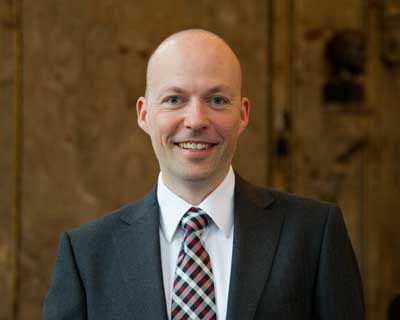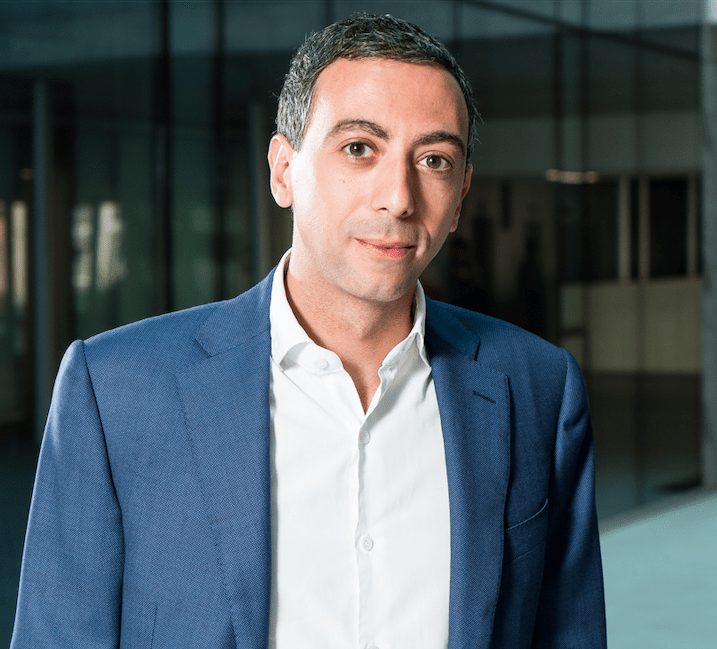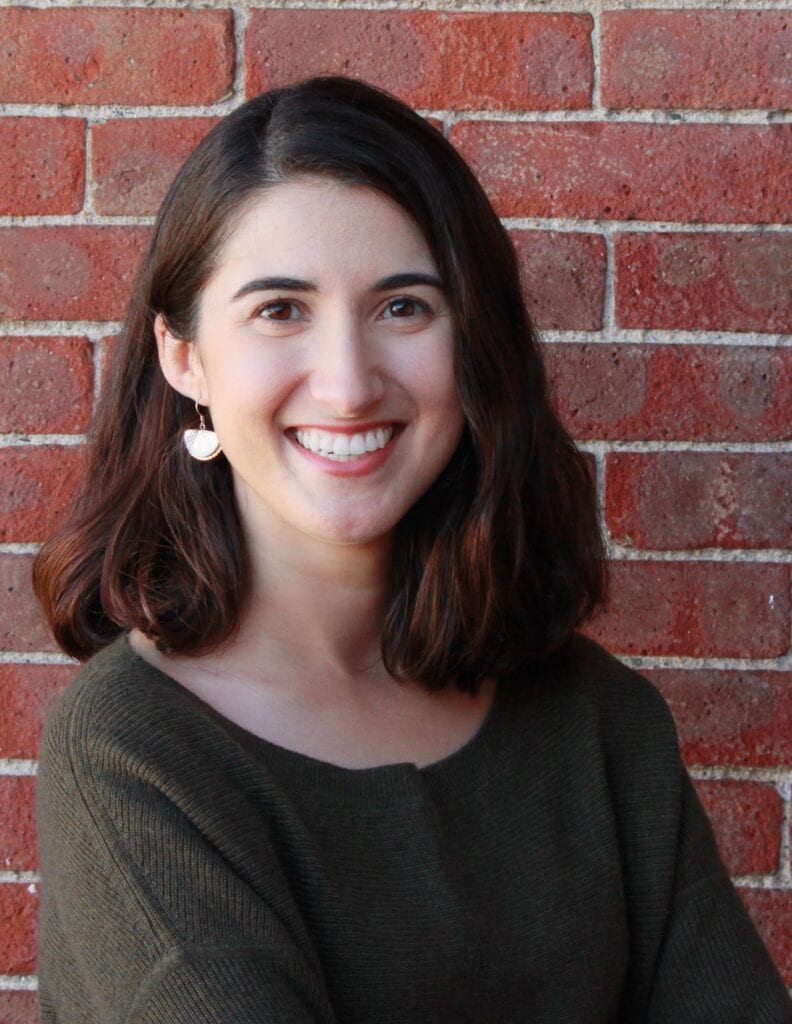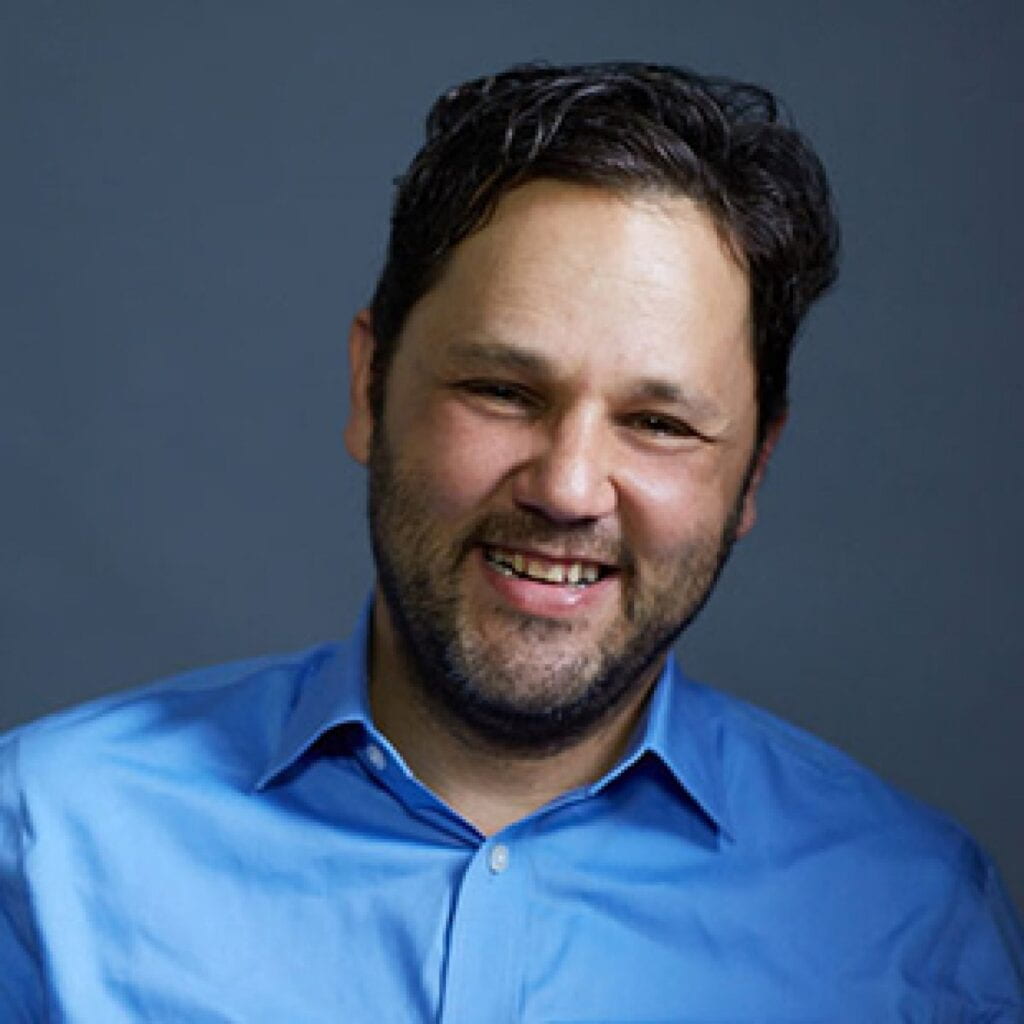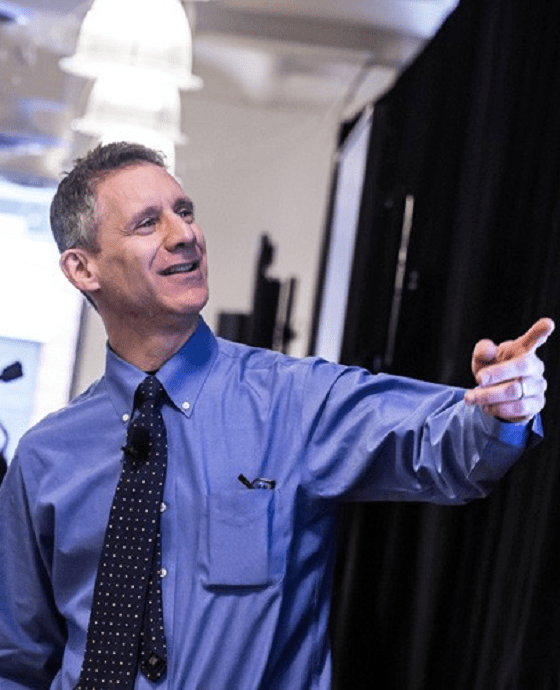
Date: April 25th, 2024 (12:30 pm – 1:30 pm)
Speaker: Benjamin Bushong
Paper Title: “Heterogeneous Tastes and Social (Mis)Learning”, with Tristan Gagnon-Bartsch (Florida State University)
Abstract: How do people learn from others’ actions when those people may have differing tastes? We present data from two experiments in which properly extracting information from other people’s actions requires an observer to account for how her predecessors’ tastes may have influenced those actions. We find support for social learning that obeys some basic comparative statics predicted by the rational model. However, we also find significant and systematic departures. Participants seemingly over-infer from others’ behavior when that behavior is weakly predictive of the underlying state and under-infer from others when their behavior is strongly predictive. This pattern of inferences is consistent with participants holding inaccurate beliefs about others where they over-weight the likelihood that others have tastes similar to their own. Information about others’ tastes does not eliminate these biases in inferences.
Bio: Ben Bushong is an Assistant Professor at Michigan State University in the Department of Economics whose recent research examines how cognitive biases and erroneous social beliefs influence both decision-making and our interactions with others. His broader research lies in the intersection of psychology and economics — also known as behavioral economics — and has appeared in the American Economic Review, The Review of Economic Studies, and Neuron. Prior to coming to Michigan State University, he was a postdoctoral scholar at Harvard University and before that he worked with the Department of Defense. Professor Bushong holds a Ph.D. in Social Science (Economics) from the inimitable Caltech.
